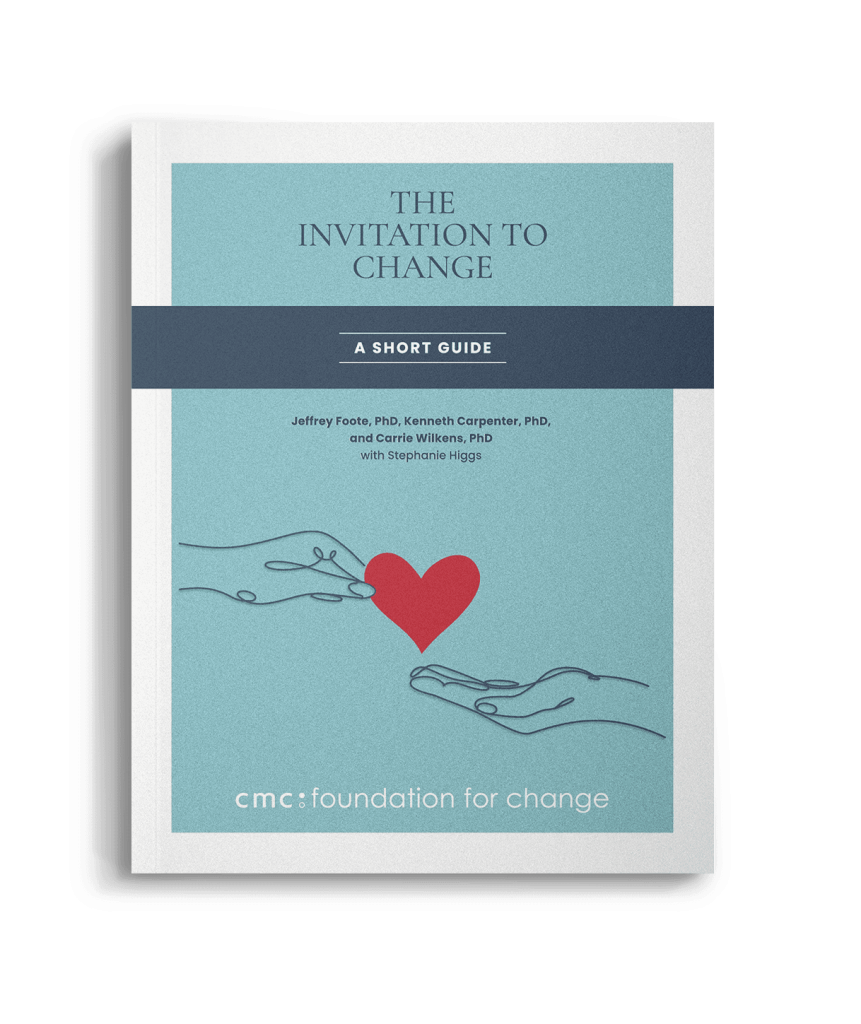There are times when you need or want to provide a negative consequence for unwanted behavior. At these times, clarity and consistency are the keys.
Save the big consequences for the really big stuff, and have some smaller consequences for smaller issues. Even more important, don’t threaten any consequence unless you are willing to implement it (don’t threaten to kick him out unless you are ready to change your locks).
Clarity – You may want to let your partner know beforehand what will happen if she engages in the behavior you want her to avoid. This means being clear yourself: figuring out ahead of time realistic and meaningful consequences for the range of behaviors you want to address. (The consequence should match the severity of the behavior, and it must be possible and practical to enforce.)
Communicating the plan in advance puts the choice in your partner’s hands—she knows, going in, the consequences of acting one way versus another.
Consistency – Pick consequences you can be consistent with over time. For example, if you plan to leave a party when your partner gets intoxicated, make sure you feel relatively confident you’ll have a way to leave and be able to follow through with the plan. If you think you might waver in following through, then brainstorm about how to overcome the obstacles and stay consistent.
Through planning ahead you’ll be able to work around obstacles ahead of time. This will help enormously with your consistency. And consistency helps your sense of control and your partner’s motivation.
Note: It’s better not to have any consequences or rewards at all than to promise them to your partner and then not follow through. Failing to be consistent hurts your credibility as well as your ability to influence positive change for your partner.


